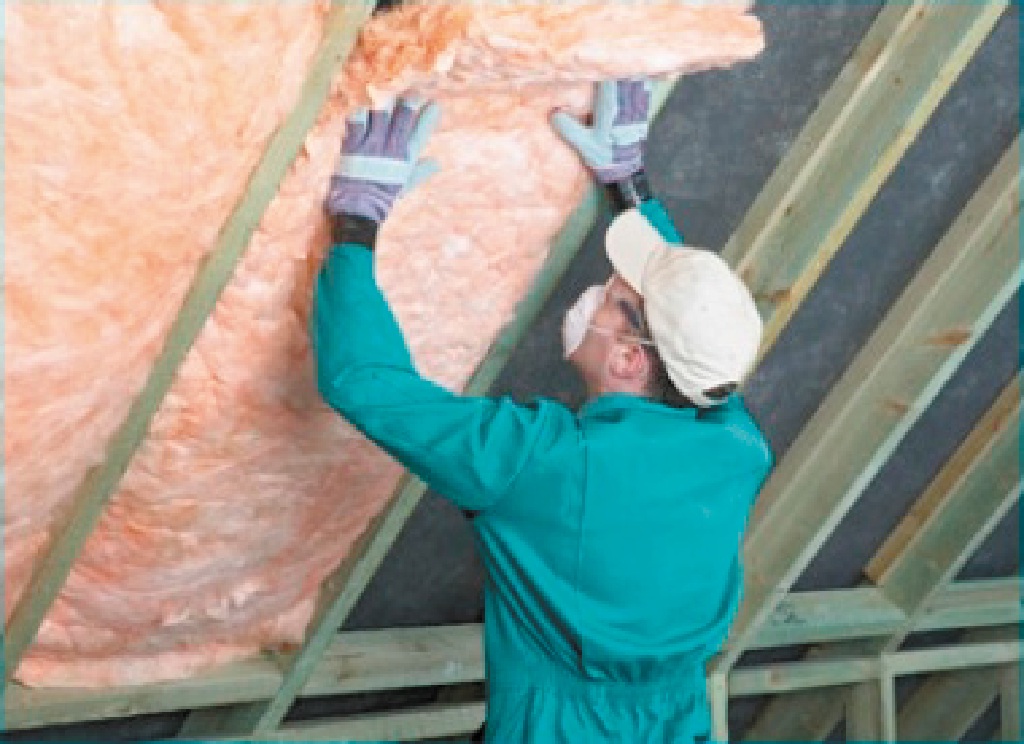Household Bills
Fixing UK’s draughty homes could add £40bn to the economy

Boosting the energy efficiency of homes in the UK could add £39bn to the economy, as well as providing social benefits, a new report claims.
It would also cut energy bills by £24bn collectively, save the NHS £2bn, and cut new cases of childhood asthma by 650,000.
Citizens Advice, which compiled the data, is now calling for a retrofitting programme, which would see 31m homes changing to a rating of C in their energy Performance Certificate (EPC), by 2030.
The charity said the programme could be paid for via public and private funding and would see all homes having at least a C rating.
In the North West of England, where there is the highest percentage of inefficient housing, there could be a boost of £5bn to the economy. This area of the country also has some of the highest levels of fuel poverty.
It comes as the charity has found that 15m homes in the UK are energy inefficient. Of those, 13m could be upgraded to reach a C grade EPC and this would save people almost £24bn on their energy bills by 2030.
By spending less on their energy bills, bill payers could then put more money into their local economy which would boost regional growth.
The Chancellor Jeremy Hunt announced new investment in energy efficiency last year but it won’t be available until 2025.
One of the biggest barriers to people making their homes more energy efficient are the costs involved. For loft insulation of 0mm – 270mm for a mid-terraced house, for example, it costs an average of £590 while cavity wall insulation is £580, according to the Energy Saving Trust.
Previously households could get help through the Government’s Green Deal scheme for insulation costs, but this closed in 2015.
Boost for health
The move to insulate more homes would also have a big impact on the UK’s health and reduce costs for the NHS. The charity said it could prevent millions of people developing respiratory conditions including asthma.
It also said more than half a million children and adults could be prevented from developing mental health conditions which are linked to living in cold homes.
This could have multiple benefits including lowering the numbers of days children and adults have off school and work because of ongoing health conditions.
It could also see NHS patient numbers for conditions such as asthma, mental health issues, and heart disease fall by 30%. The charity said this could save the NHS £2bn by 2030.
Improving draughty homes needs to be a top priority
Dame Clare Moriarty, chief executive of Citizens Advice, said: “The impact of raising minimum energy standards would be profound: giving a boost to household budgets, improving people’s health, increasing energy security and helping the UK reach its net zero targets.
“This report shows that insulating our homes is about so much more than reducing energy bills. It’s a long-term solution that makes running the NHS cheaper and boosts quality of life in areas that need it most.
”The Government must make improving our draughty homes a top priority.”